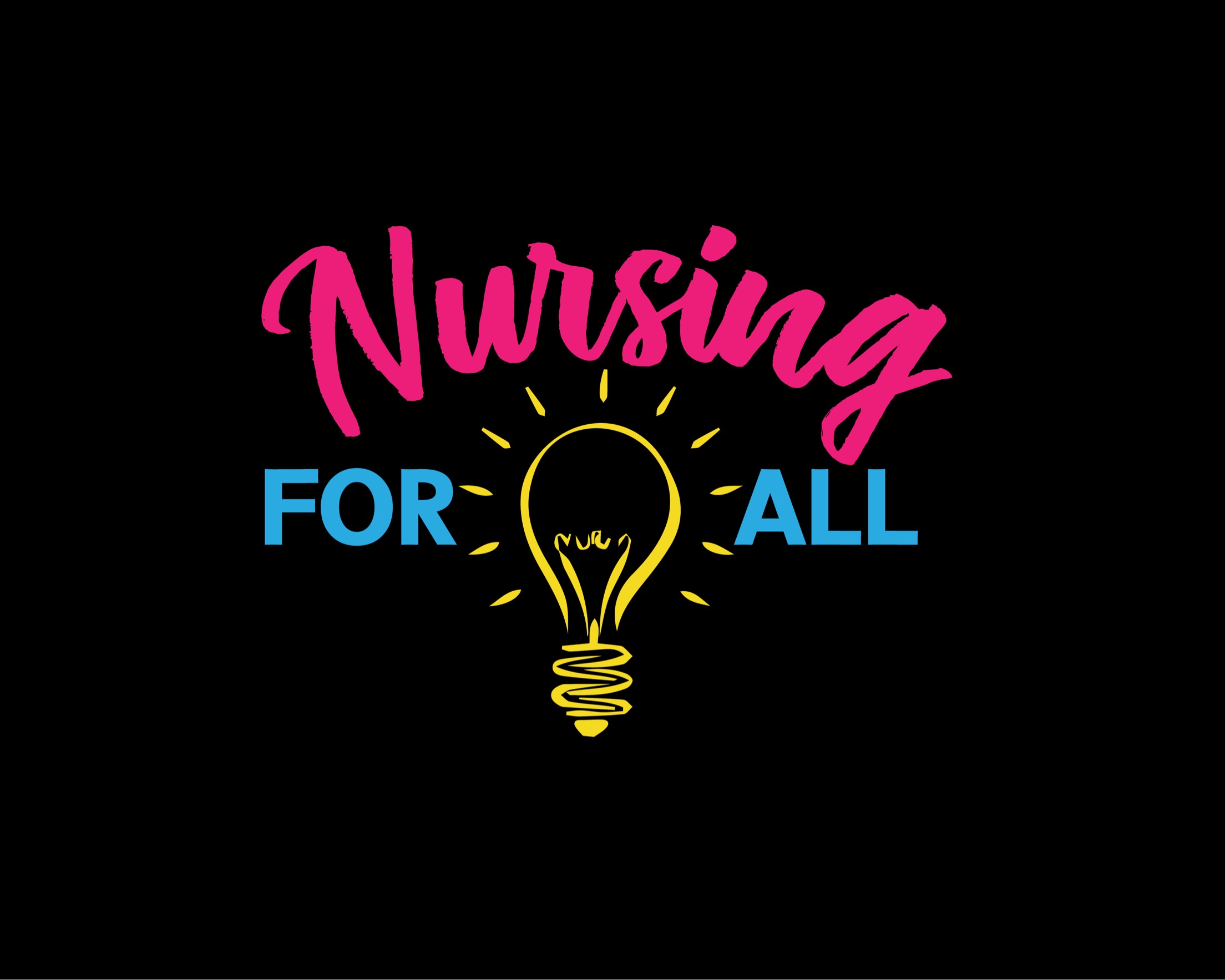One of the biggest concerns I have had during our fight against COVID-19, has been the protection, safety, and mental health of our healthcare workers. Like most people, I am always concerned about public health and what this virus looks like from an economic standpoint. But, it’s my friends, the ones who look this virus in the face daily, that I have thought about the most.
For a few weeks now, I have wondered what daily life looks like for them. What work is like. How their healthcare system has treated them. No workplace is perfect and I know there really isn’t a playbook for this, but really watch how employers handle this situation. Especially, from a healthcare perspective. So, I interviewed a very good friend of mine, Monique. She is someone who I knew wouldn’t sugar coat anything for you. For disclosure purposes, what is written below is one nurse’s personal opinion. None of the information is research-based, as this is an opinion post.
What is your nursing career history?
“I became a licensed practical nurse in 2004. I became a RN in 2008. The majority of my career has been bedside nursing in a variety of settings including LTACH, med-surg/tele, and anything else you can think of besides peds.“
What is your primary role in nursing at your institution?
“I’m currently a circulator on the cardiovascular/thoracic team. We do the basic cardiac surgeries such as CABG as well as heart and lung transplants.”
What was your initial response to the COVID-19 pandemic and how does that vary with your response now?
“My initial response was this will blow over soon and I wasn’t too worried about it. Now after working on a COVID-19 unit, I feel like we weren’t prepared at all for what we encountered and I don’t feel like the worse is over.”
What was your institution’s initial response to the COVID-19 pandemic and how does that vary with their response now?
“My employer initially denied we had any COVID-19 cases even though surrounding hospitals had them. Once our numbers started to increase, they really became active. Several floors were turned into ICUs and nurses like me who worked in specialized areas were “redeployed”-their term, to these units. We were issued one N-95 mask that we had to wear for 6 shifts before we would receive a new one. After the press caught wind of the lack of PPE, we were able to get another one if we needed it before the 6 shifts. Even though I was nervous about working on these units, I still was grateful to be able to work. Now as cases are dwindling and we’re back in our respective units, the new mandate is we must take our GPT(general purpose time or paid time off) at least 16 hours a month until July because the company needs to recoup. Being that I work in surgery and we are not doing many surgeries that means I’m off more than I’m at work. A lot of my fellow co-workers are worried because we don’t have the time to and that has caused a lot of us to file unemployment. I feel that this is one of the lowest things the company could do. I definitely feel expendable and unappreciated. We’ve gone from working the frontlines to the unemployment line.”
Name ways your institution is handling the COVID-19 pandemic well. Name ways your institution has missed the mark handling the COVID-19 pandemic.
“I feel like once the cases increased and we started to admit more patients, they started to make adequate supplies available to us and things became more organized. Counseling was made available as well. They’ve missed the mark on how they’re handling their employees during this time.”
How has the COVID-19 pandemic altered your view on nursing and or the healthcare system, if at all?
“I feel like this pandemic exposed how broken our healthcare system really is. It has made me realize that nurses, even though widely respected, are expendable. That is heartbreaking. My co-workers are heroes to me because we showed up every time we were supposed to, even though we didn’t have the proper PPE in the beginning. I feel like healthcare is no longer about the person, but the dollar sign. I also feel like we’re going to experience an unprecedented nursing shortage. Nurses are quitting every day and leaving the bedside because they haven’t treated with the respect they deserve. I don’t blame them.”
What advice do you have to offer to future nurses preparing to enter the workforce or before they consider nursing as a career?
“Nursing is one of the most rewarding careers you can have but it is NOT for the faint of heart. My advice to new nurses is research how prospective hospitals handled this crisis. And interview your interviewer! Just like they want to make sure you’re a good fit for them, you need to make sure they are a good fit for YOU. Do your due diligence, read your state’s Nurse Practice Act. Please be aware of what you can do legally; it’s YOUR license. You have rights just as the patient. If something doesn’t feel right, then question it. And refuse if you don’t get a satisfactory response. Again, it’s YOUR license. You can always find another job.”
Is there anything else you would like to add in closing?
“Don’t do it. The end.”
Nurses and future nurses. You ARE valuable. Please, please, PUHLEAZ….do not continue to give your valuable talents, efforts, and time to an employer who does not see you as indispensable. There are WAY too many opportunities. If your employer values you and makes you feel like you are a needed and necessary part of the team, then you are in a great place! If not, you are not a tree. You do NOT have to bloom where you are planted. You are the future of healthcare and we are depending on you.
Nurse power,
A.G.
